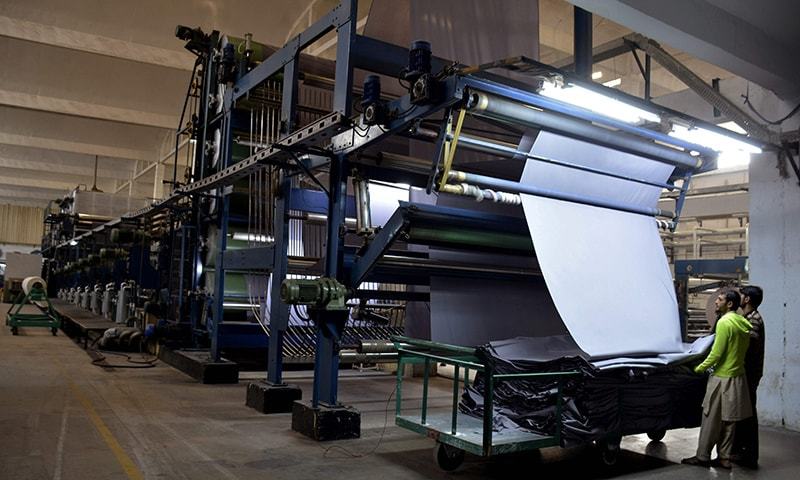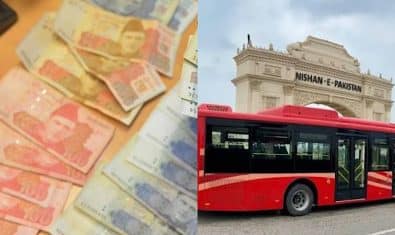The government has agreed in principle to allow 50 percent gas supply to textile mills if they submit their stay orders in writing and have their energy audits fulfilled, reported Dawn.
A government team and a delegation from the All Pakistan Textile Mills Association (APTMA) have reportedly reached an agreement under which only co-generation plants will be supplied with half of their requirement — 75 million cubic feet per day (mmcfd) instead of 150 mmcfd — on a best-effort basis.
The conditional restoration will begin on 29 December 2021, with the industry submitting an affidavit promising not to file a lawsuit. Furthermore, captive power providers must complete an energy audit through a third-party arrangement by next June or their gas supplies will be cut off permanently. All the textile mills must now conduct an energy efficiency audit, which must be completed by 30 June 2022.
From the outset, the Ministry of Energy is pushing for targeted exporter subsidies premised on export proceeds, and wants gas supplies only for clothmaking and a complete ban on the use of gas by Captive Power Plants (CPPs) for textile exports, as both the process and CPPs have separate meters.
More than 90 percent of the mills have standby power connections but have already switched to a nine percent-per-unit tariff. The few who do not have access to electricity will be given preference over the rest until they can convert to grid power that will be available in about a month.
In light of supply-side ground realities, it is understood that the Ministry of Energy has devised the abovementioned strategy to rationalize energy supplies to the industry in order to minimize the burden of subsidies.
For the last three years, the government has been subsidizing gas and electricity at $6.5 per mmBtu and nine cents per kWh respectively, but it is now deemed unsustainable and untargeted. It forecasts that annual gas subsidies will cost Rs. 65 billion and power subsidies will cost Rs. 20 billion, resulting in a circular debt build-up.
This is in addition to other subsidies and benefits such as the DTRE, TERF, and DLTL programs as well as tax breaks. As LNG import rates skyrocketed, export gas tariffs were recently boosted to $9 per unit instead of $6.5.

























